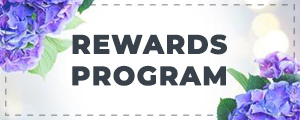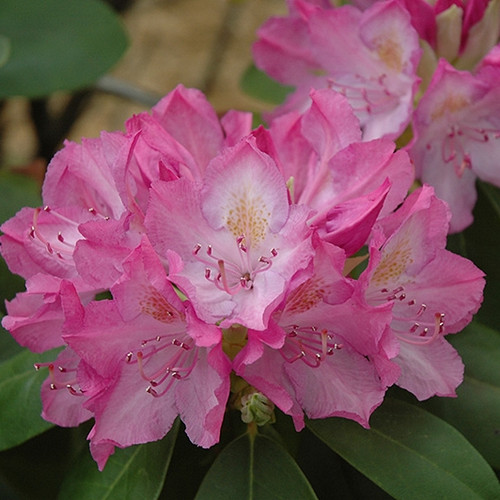| Hedera helix 'Thorndale' | USDA Zone: 5-11 |
Thorndale Ivy is a climber or dense groundcover with beautiful deep green foliage will cover walls, trees and fences in short order; very adaptable and vigorous, one of the hardier varieties but protect from sun and wind in winter.
English Ivy is a clinging vine that climbs by means of tiny sticky suckers. It can be used in a variety of ways in the landscape including: as a groundcover, planted on a slope to prevent erosion, grown up a brick or stone wall, to cover a fence, or in combination container plantings. Birds often make their nests among the branches of ivy growing up walls.
They can also be grown as a lovely hanging houseplant. Helix hedera was a top-performer on NASA's Clean Air Study. Beautify your space and clean mold and volatile organic chemicals with Thorndale Ivy.
Thorndale Ivy is recommended for the following landscape applications;
- Hedges/Screening
- General Garden Use
- Groundcover
- Container Planting
Attracts Songbirds
Variegated Foliage
Fast growing vine; self-clinging stems
Rabbit Resistant
Common Name: English Ivy
|
Key Feature
|
Light Needs | Landscape Uses |
 |
 |
|
|
|
|
| More About Thorndale English Ivy |
| Height: 10-20 ft + |
Spread: 3-6 ft |
|
Ivy is a versatile plant that can act as filler groundcover under older shrubs with exposed legs. Looks great on slopes and in conjunction with retaining walls to green up the face from bottom up or top down. It's also excellent in rock gardens trimmed to expose out croppings poking through. Useful for cloaking exposed mortar of rock waterfalls giving the feature a more settled in look. Self clinging can bring this ivy up walls, fences and even onto buildings. One of the best uses is dangling from the edges of hanging pots and baskets, or used to cascade off the edges of tall urns planted with upright fillers. Note that when grown in a container, it may not perform exactly as indicated on the tag - this is to be expected. Also note that when growing plants in outdoor containers and baskets, they may require more frequent waterings than they would in the yard or garden. Be aware that in our climate, most plants cannot be expected to survive the winter if left in containers outdoors, and this plant is no exception. NOTE: Some flowers and plants may be harmful or poisonous to people or pets if touched or ingested. If you require more information before placing an order, please let us know in advance. |











